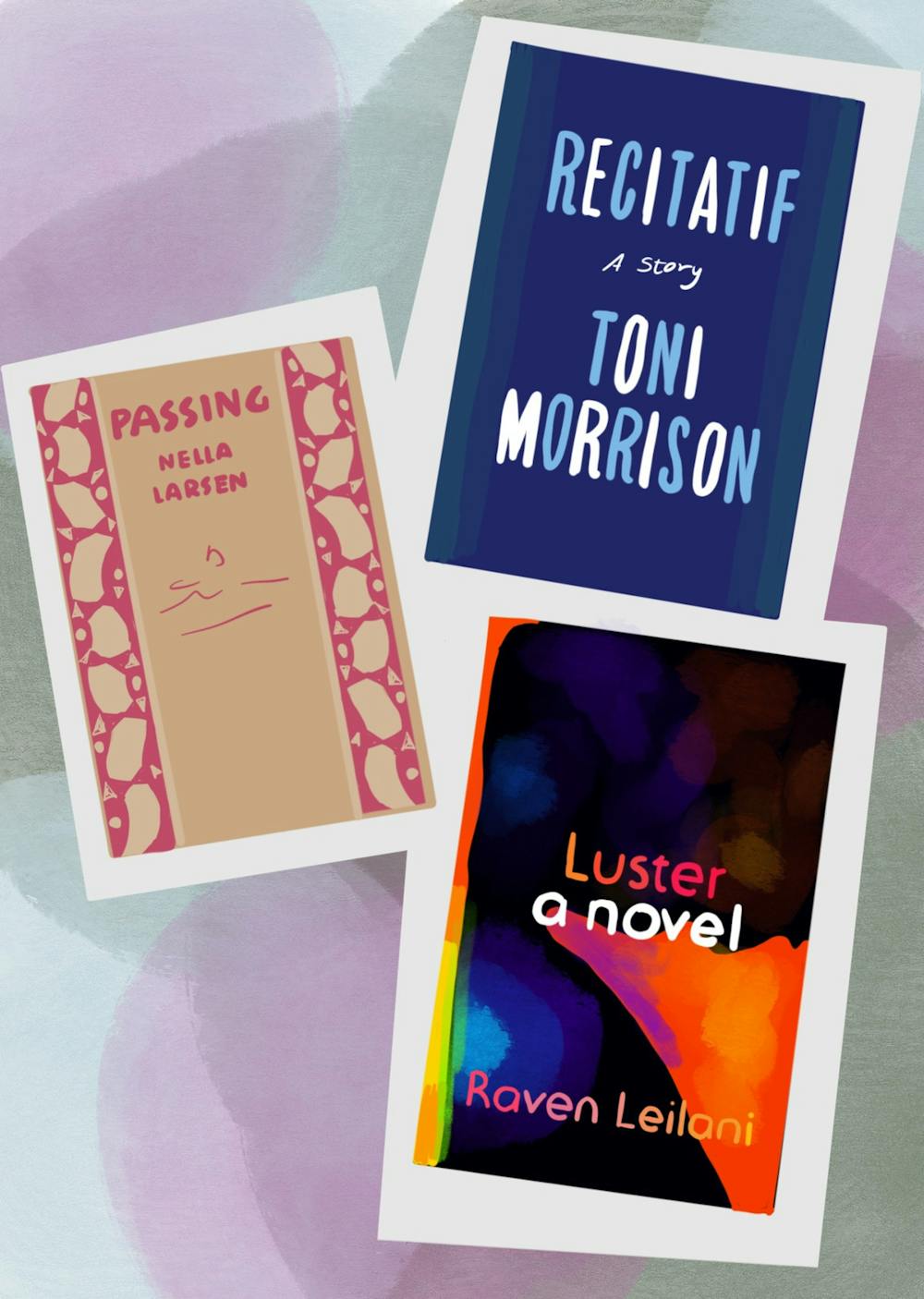In a 1987 interview with the New York Times, author Toni Morrison recalled how people would ask whether she considers herself a “Black writer” or a “writer,” with the implication that she was “bigger” or “better” than the former. That view, she thoroughly refused.
“I really think the range of emotions and perceptions I have had access to as a Black person and as a female person are greater than those of people who are neither,” Morrison said in the interview. “So it seems to me that my world did not shrink because I was a Black female writer. It just got bigger.''
Morrison’s work has much to say about the Black experience, but her stories are just as much about love, friendship, grief and loss — she merely tells them without centering whiteness.
Helen Oyeyemi, a British novelist of Nigerian descent, said in an interview that framing her decision to write about Black characters as a political act is “like saying that my life, the very life that I’m living, and my body are political, and sometimes I think that I’m just living.”
Both Morrison and Oyeyemi are speaking to the widely overlooked fact that literature does not have to be white to be universal. Their worlds are viewed as “smaller” — but as Morrison said, her expanded range of emotions and perceptions only made her world bigger.
In honor of Black History Month, here are five works by Black writers that provide glimpses into these “bigger worlds” and perspectives.
‘Passing’ by Nella Larsen
Nella Larsen’s “Passing” is a classic novel set in 1920s New York City. “Passing” opens with a reunion of two old friends, Irene Redfield and Claire Kendry, the latter of whom has been passing as white, even to her racist husband, John Bellew. The novel follows the women’s relationship as Claire inserts herself into Irene’s life despite her resistance, uprooting her comfortable family life.
Through Claire’s conflicting desires to “pass” and her longing for community, Larsen beautifully captures the complexities of identity, history and intersectional suffering. “Everything must be paid for,” she warns readers.
‘Sonny’s Blues’ by James Baldwin
“Sonny’s Blues” is a short story set in Harlem and told through the consciousness of an algebra teacher as he recalls his brother Sonny’s journey of addiction and recovery, and suffering and healing through jazz. After watching Sonny play the piano, the narrator comes to understand his brother and witnesses the redemption that Sonny experiences through music.
“For, while the tale of how we suffer, and how we are delighted, and how we may triumph is never new, it always must be heard,” Baldwin writes. “There isn’t any other tale to tell, it’s the only light we’ve got in all this darkness.”
‘Recitatif’ by Toni Morrison
Any one of Toni Morrison’s novels would qualify for this list, but the brilliance of her only short story cannot be overemphasized. Morrison described the story as “an experiment in the removal of all racial codes from a narrative about two characters of different races for whom racial identity is crucial.”
The story follows two girls, Twyla and Roberta, living together in a shelter for four months. We follow the trajectory of their lives and friendship without ever learning which of the girls is Black and which is white — an omission that makes readers uncomfortably aware of their preconceptions as they inevitably attempt to conclude race from clues that aren’t actually there.
In her introduction to the story, novelist Zadie Smith described the ‘Recitatif’ as a uniquely clever, poignant tale about connections and distances, one in which "the subject of the experiment is the reader.”
‘What is Not Yours is Not Yours’ by Helen Oyeyemi
“What is Not Yours is Not Yours” is a collection of nine fairytale-esque short stories that adeptly weld together the mundane and the surreal, each uniquely exploring keys as a central symbol.
Oyeyemi’s stories are born of an incredibly vast imagination and consciousness, the key to the “bigger worlds” of which Morrison spoke. The stories test the boundaries of our known reality through intricate plots and connections that slowly come together through the collection.
‘Luster’ by Raven Leilani
Published in August 2020, Raven Leilani’s debut novel ‘Luster’ follows the story of Edie, a 23-year-old Black woman who has a dead-end job at an all-white office where she becomes infatuated with an older white man in an open marriage. Edie quickly finds herself entangled in the lives of the man’s wife and their adopted Black daughter, Akila.
Although this premise is unique enough in itself, the novel’s vivid portrayal of Edie’s interiority is what leaves you thinking about it long after you finish the last page. Leilani’s protagonist is vulnerable, tortured and, like the novel itself, “surprisingly tender.”





